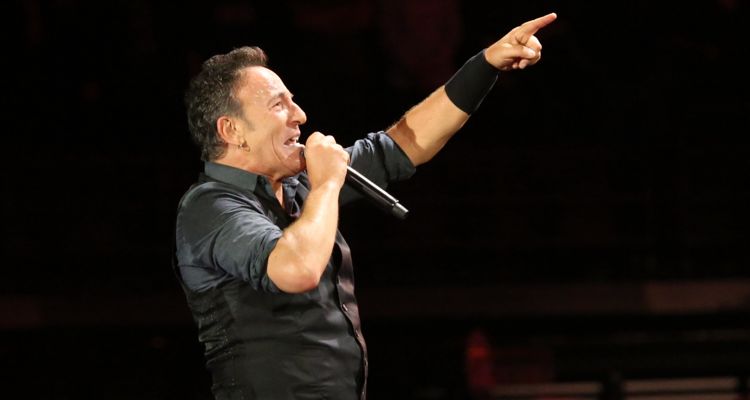Photo Credit: Shayne Kaye / CC by 2.0
In addition to facing continued fan criticism concerning the exorbitant price of “platinum” passes, the cost of which rises based upon demand, Live Nation’s Ticketmaster is once again grappling with congressional scrutiny over its business practices.
This latest pushback against Ticketmaster, which is embracing non-fungible tokens (NFTs) after moving a record number of tickets in 2022, arrives just days following the news that “platinum” Harry Styles concert passes cost more than those on resale sites. (A quick Twitter search shows that a multitude of would-be attendees are looking to offload their tickets to the artist’s upcoming gigs.)
For reference, Ticketmaster’s “platinum” tickets – which, despite their name, can be attached to seats from the front row to the back – utilize what Live Nation calls “dynamic pricing” to hike the price of passes automatically depending on how many eager fans are looking to buy.
“In some instances, events on our platform may have tickets that are ‘market-priced,’ so ticket and fee prices may adjust over time based on demand,” Ticketmaster spells out on its website. “This is similar to how airline tickets and hotel rooms are sold and is commonly referred to as ‘Dynamic Pricing.’”
“Official Platinum Seats were not purchased initially and then posted for resale; they are being sold for the first time through Ticketmaster,” a different page emphasizes. “Ticketmaster’s Official Platinum seat program enables market-based pricing (adjusting prices according to supply and demand) for live event tickets, similar to how airline tickets and hotel rooms are sold.”
Notwithstanding the public outcry that resulted from the cost and availability of Harry Styles concert tickets, however, the initially mentioned congressional scrutiny concerns the price of tickets to forthcoming performances from Long Branch, New Jersey-born Bruce Springsteen.
Springsteen has already moved millions of tickets to upcoming shows, and in July, Ticketmaster issued a rare public statement after dynamic pricing elevated the cost of certain passes to north of $5,000 apiece. The Boss’s manager also came out in defense of the charges, but these much-publicized follow-ups have thus far been unable to stem the tide of criticism from customers and lawmakers.
On the latter front, New Jersey Representative Bill Pascrell Jr. (a longtime Ticketmaster critic) in a new letter to Live Nation president and CEO Michael Rapino took aim at “ticket-sales practices that rip off consumers” and made clear his goal of shedding light upon “the frustratingly opaque process that leads to such high prices.”
“I write on behalf of my constituents and fans across the country that are excited for Bruce Springsteen and The E Street Band’s 2023 tour,” the firmly worded message reads. “Hard-working Americans who are fans of Bruce and other popular entertainers should have the ability to enjoy live entertainment without ticket-sales practices that rip off consumers.
“To help fans better understand the frustratingly opaque process that leads to such high prices, I am inquiring about the veracity of the company’s statement, as well as the policies and prices the company has put in place for this tour,” the inquiry proceeds before requesting a formal response by September 30th.
Then, after reiterating the congressman’s introduction of 2019’s Better Oversight of Secondary Sales and Accountability in Concert Ticketing Act (BOSS Act), the document levies an array of questions about Springsteen’s 2023 tour dates.
These multifaceted inquiries relate to the number of shows that will take place in Ticketmaster/Live Nation venues, whether customers are informed of the total number of available tickets at the outset, whether there are maximum prices for platinum tickets (and Springsteen tickets themselves), the precise Springsteen ticket-sale count for specific price ranges, “how consumers are prioritized for purchasing tickets,” and much else.
“Thank you for your attention to our request,” the letter concludes. “I look forward to working together to improve transparency in the ticket marketplace and help fans see their favorite artists without being subjected to unfair and confusing practices.”

